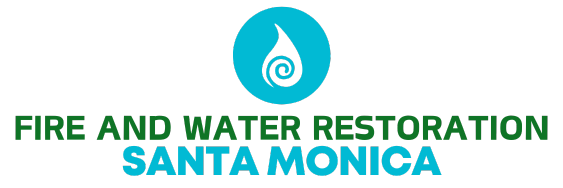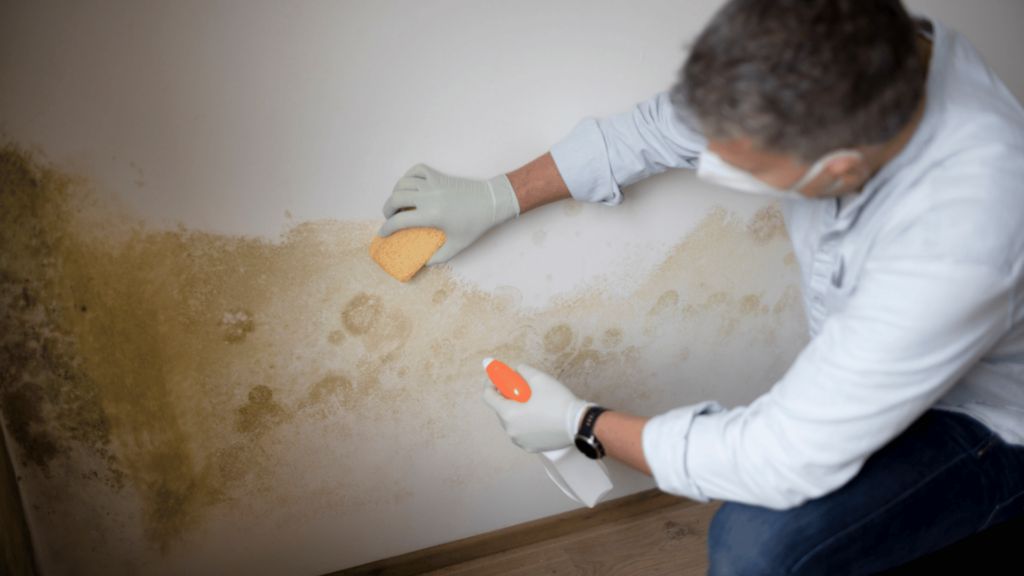The aftermath of fire or water damage can be stressful and chaotic. It’s simple to make snap decisions that could result in more issues, higher expenses, and health hazards. Managing the problem appropriately is essential to guaranteeing a speedy recovery. Unknowingly, nevertheless, a lot of people make blunders that might impede rehabilitation attempts and lead to long-term problems.
Restoring your house or place of business after a calamity can be greatly aided by avoiding these typical blunders.
Failing to Document the Damage Properly
One of the most common errors made by homeowners is to begin cleaning up without first recording the extent of the damage. Insurance claims frequently call for extensive evidence, such as pictures and videos of the impacted areas. Without accurate documentation, it could be challenging to demonstrate the full degree of your loss, which could result in your insurance company paying you less.
Capture crisp images and videos from various perspectives, including up-close shots of broken appliances, walls, floors, and furniture. Note any damaged objects and their approximate value in a documented inventory. Avoid making any significant repairs until after an insurance adjuster has had a chance to evaluate the damage.
Attempting a DIY Cleanup Without Professional Help
Although it could be tempting to do the cleanup yourself, restoration of fire and water damage calls for specific skills and tools. When dealing with concealed dampness, soot, smoke damage, or structural instability, do-it-yourself projects can frequently end up doing more harm than good.
Professionals can completely dry, sanitise, and repair your property since they have the right equipment and know-how. In order to avoid future concerns like mould development or weakening buildings, they can also identify underlying problems that might not be apparent to the untrained eye.
Ignoring Potential Health Hazards
There are significant health dangers associated with fire and water damage that should not be disregarded. Within 24 to 48 hours of water damage, mould can form and cause allergies and respiratory problems. Conversely, smoke and hazardous soot residue from fire damage can persist in the air and lower indoor air quality.
Exposure to dangerous chemicals can have long-term health effects, even if the damage seems little. Wear safety gear whenever you approach damaged areas, and get professional help to make sure your house is cleaned and sanitised.
Delaying the Cleanup Process
When it comes to fire or water damage, time is of the essence. Your property may continue to deteriorate if cleanup is put off. Mould growth and irreparable damage can result from water seeping into furniture, walls, and floors. Long after the fire has been put out, smoke and soot can still damage objects and surfaces.
As soon as it is safe to do so, start the cleanup process to avoid more harm. To stop additional contamination if experts are not immediately available, take short-term steps include clearing standing water, opening windows for ventilation, and covering exposed areas.
Not Shutting Off Utilities
After a fire or flood, many people neglect to turn off utilities, which can result in further damage and safety risks. Electrical systems can be compromised by water, which raises the possibility of fire or electrocution. If left unchecked, gas leaks can potentially be quite dangerous.
Turn off the water, gas and electricity supply lines as a precaution if there has been substantial damage to your property. Ask for help from emergency personnel or utility companies if you’re not sure how to do this properly.
Using the Wrong Cleaning Products
Instead of making the situation better, some cleaning products might make fire and water damage worse. For instance, smearing from using household cleansers on soot-covered surfaces might make the damage harder to remove. In a similar vein, applying too much water to some materials can cause deeper saturation and the growth of mould.
A professional should always be consulted before using any cleaning solution on damaged areas. In order to properly restore various surfaces without causing additional damage, specialised tools and methods are frequently required.
Neglecting to Secure the Property
Your house or place of business can be at risk of theft, vandalism, or more weather-related damage following a disaster. Liability problems and further damages may result from failing to protect the property.
Board up shattered windows, secure all doors, and cover exposed sections with plastic sheeting or tarps to safeguard your property. If need, think about using security firms to keep an eye on the property while repairs are being made.
Neglecting to Review Insurance Coverage Details
Many homeowners mistakenly believe their insurance policy covers all types of fire and water damage, only to find out too late that there are gaps in coverage. Overlooking policy details can result in unexpected out-of-pocket expenses.
Before assuming you’re fully covered, reach out to your insurance provider to clarify what your policy includes. Keep records of all correspondence, including emails and phone calls, and request written confirmation of coverage terms. A clear understanding of your policy can help you maximize your claim and avoid financial surprises.
Failing to Keep Receipts and Expense Documentation
During the restoration process, you may need to pay for temporary housing, replacement items, or professional services. While many insurance policies offer reimbursement for these costs, proper documentation is required to qualify.
Save all receipts, invoices, and payment records related to your recovery expenses. Keeping these documents organized not only streamlines your insurance claims but also serves as essential proof for potential tax deductions or financial aid programs.
Recovering from fire or water damage requires strategic planning and informed decisions. By avoiding these common mistakes, you can minimize costs, prevent further damage, and ensure a smoother restoration process. When in doubt, seek professional guidance to restore your home or business properly.

